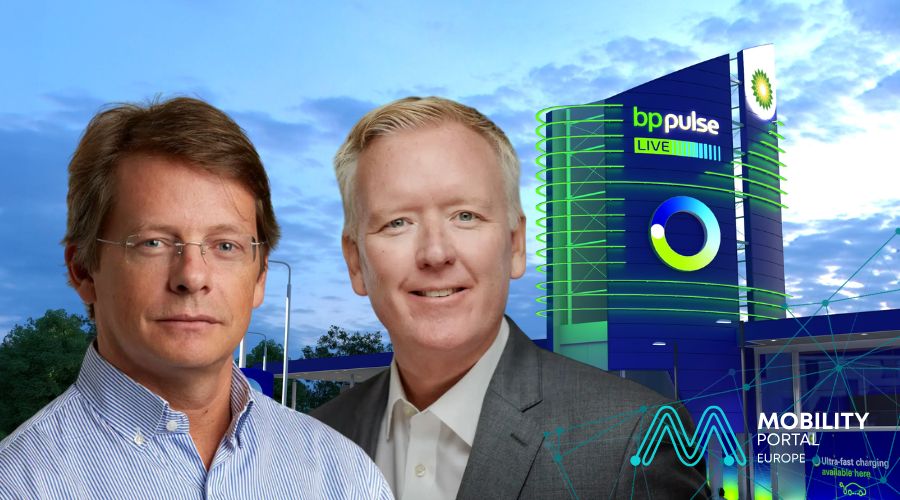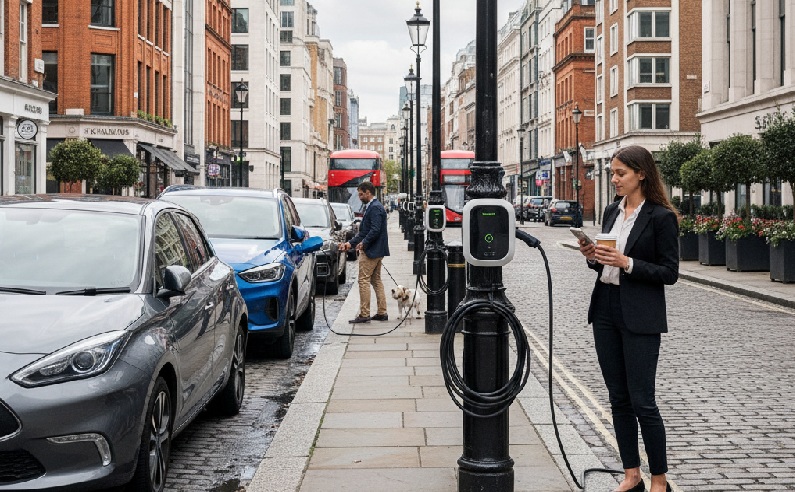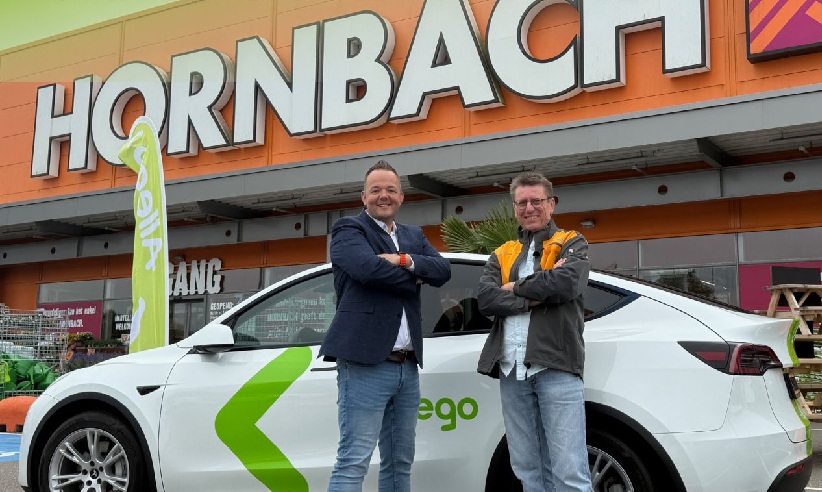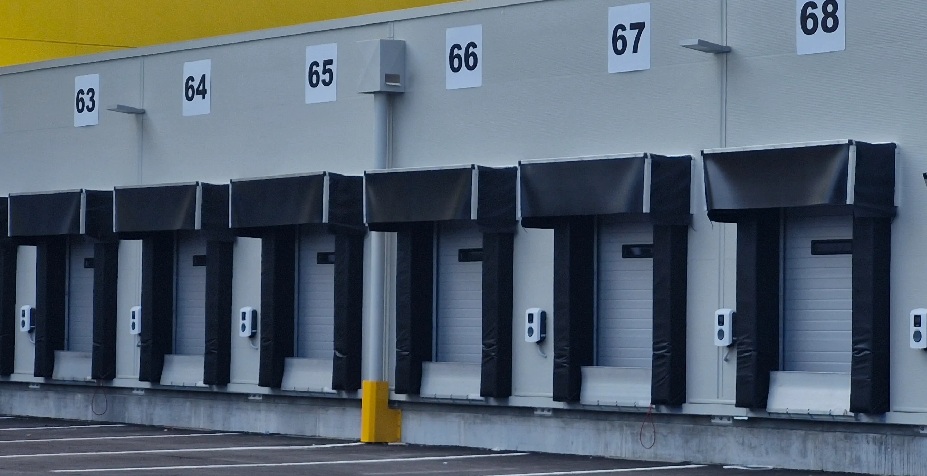The head of BP’s electric vehicle charging business BP Pulse, Richard Bartlett, has left the company, a BP spokesperson said on Thursday, weeks after a strategy revamp to refocus on oil and gas.
BP has around 40,000 electric vehicle (EV) charging points.
It said at its capital markets day in February, which saw it slash spending on renewables, that it would reduce its annual investment in EV charging to average below $500 million and focus on Britain, Germany, the United States and China.
Bartlett was also in charge of BP’s European fuels and convenience business.
Bartlett will be replaced by Martin Thomsen, who has been with BP for two decades working in fuels-focused and customer-facing businesses, the spokesperson added.
Thomsen most recently served as CEO of Air bp, the company’s aviation fuels division, where he led global operations with a strong emphasis on safety, customer service and sustainable growth.
Born in Brazil to an Argentinian-Italian mother and a German father, he holds a Master of Engineering Science from Instituto Tecnológico de Buenos Aires and is a graduate of Harvard’s Program for Leadership Development.
Though new to the electric mobility sector, Thomsen brings broad international experience from roles across Europe, including retail fuel operations in Spain, and general management positions in Austria, Switzerland and Turkey.
He has expressed enthusiasm about leading BP Pulse in a pivotal moment for the company, with a focus on operational excellence and supporting BP’s ambition to become a net zero company by 2050.
A passionate advocate for sustainability, Thomsen has previously stated that collaboration across stakeholders—from governments to customers—is key to advancing low-carbon solutions.
A self-described “people person,” he’s also known for his love of rugby and his hands-on leadership style.
READ MORE
-
Top 5 EV charging infrastructure projects that moved the needle in the UK last month
The UK is progressing with various charge point installation projects, backed by both private investment and public funds. Which companies led infrastructure expansion last month?
-
Allego and HORNBACH to build 160+ fast chargers at 20 DIY stores in the Netherlands
From this project, 20 fast-charging hubs will be built. Considering grid congestion, Allego is combining charging stations with battery storage and smart load balancing.
-
Edison Next equips DHL Express sites in Italy with over 100 charging points
Edison Next was responsible for the design, supply, installation and commissioning of the infrastructure and will manage both routine and extraordinary maintenance throughout the 3-year contract period.










